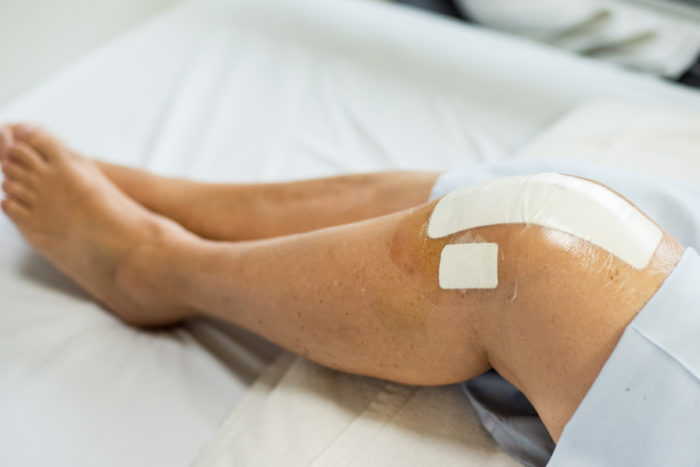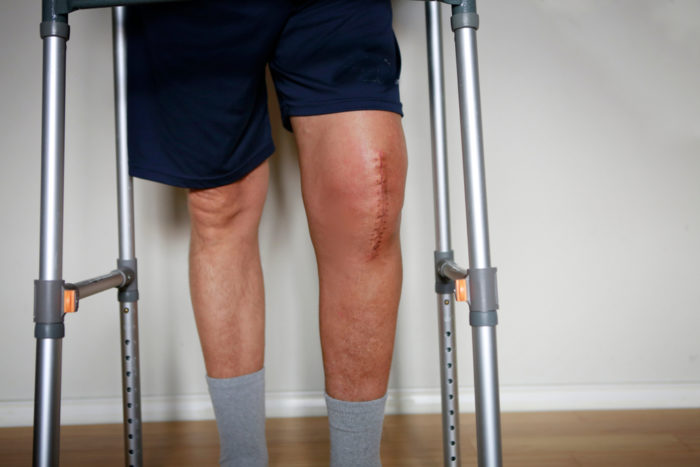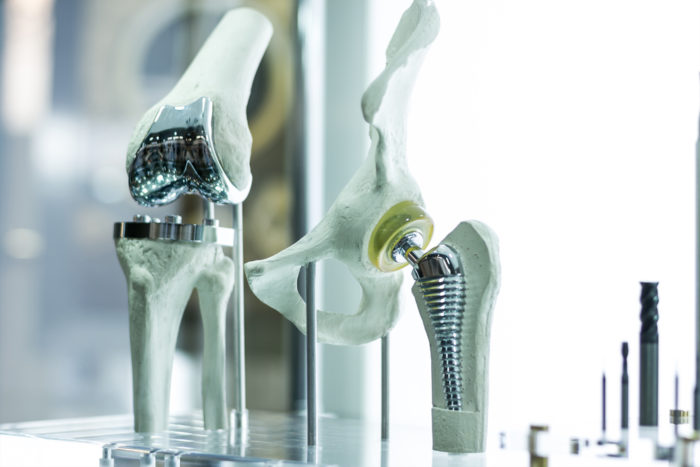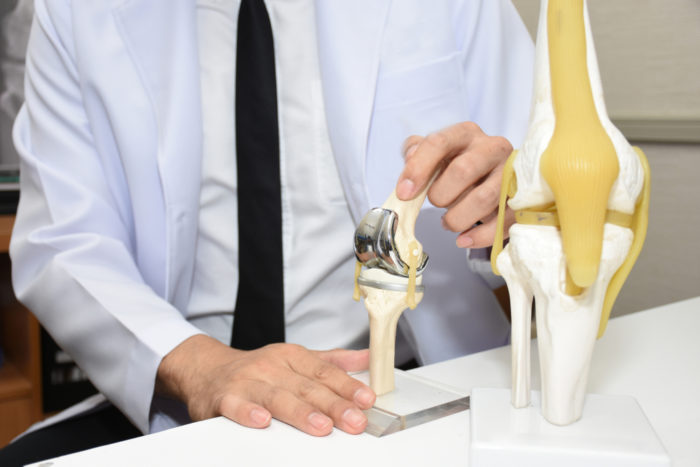Joint replacement surgery has become increasingly common over the years, and it is considered one of the most successful and effective surgical procedures for treating severe joint conditions. The prevalence of joint replacement surgeries, particularly for hip and knee replacements,…
Pain perception can vary widely from person to person, and what may be experienced as the most painful surgery for one individual may not be the same for another. Several factors can influence pain perception, including an individual's pain tolerance,…
Two to three revisions of total knee arthroplasties are typically acceptable for pain relief, improved function, and reduced infection risk. As these procedures are typically more invasive, certain complications may be more likely in some patients, making them poor candidates…
In some cases, recovery takes longer than expected and can be uncomfortable. A knee replacement will feel different, so adjusting takes some time. You should know how to care for your new knee joint before replacing it to prepare you…
The duration of a knee replacement surgery can vary depending on several factors, including the specific surgical technique used, the complexity of the procedure, the surgeon's experience, and any unforeseen circumstances that may arise during the operation. On average, a…
As joint replacements typically last 10 to 15 years, most older adults won't need revision surgery to replace worn-out joints. Everyone experiences different outcomes, and lifestyle factors can also affect how long an implant lasts. The patient's doctor or surgeon…
Traditionally, hip replacements were more common in older individuals as they tend to have a higher incidence of age-related conditions like osteoarthritis and other joint degenerative diseases. Hip replacements are now being performed in a broader range of age groups…
Medical advancements in joint replacement are continually evolving, and new technologies and materials are being developed to improve the outcomes and longevity of hip replacements. Some of the newest types of hip replacement techniques and technologies include: Minimally Invasive Hip…
Newer forms of knee replacement surgery include minimally invasive knee replacement. This procedure may have several benefits over traditional knee replacement surgery, such as less pain, a shorter hospital stay, a lower cost, and a faster recovery time. Patients under…
Knowing when your joints need replacing typically involves a combination of factors, including your symptoms, the severity of joint pain, functional limitations, and the impact on your quality of life. If you are experiencing any of the following signs and…









